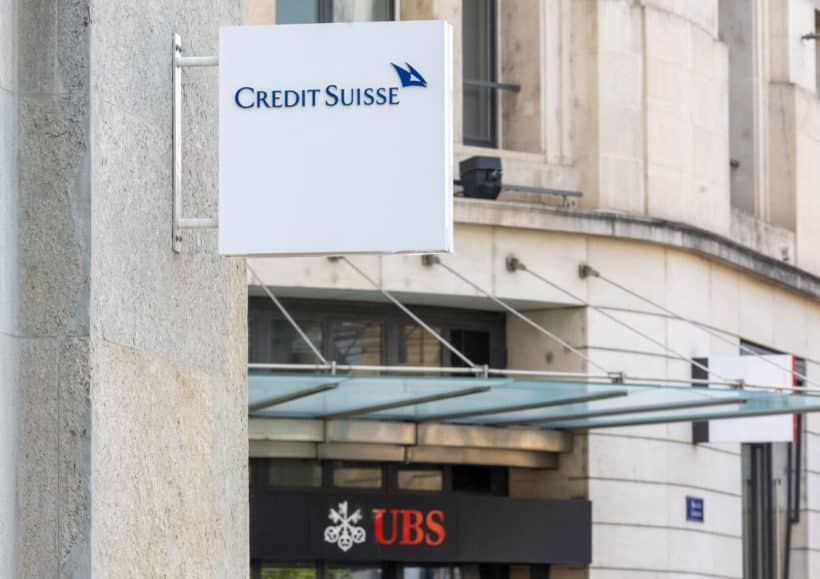
LONDON, July 3 (Reuters) – Mozambique’s blockbuster lawsuit against Credit Suisse UBSG.S and others over the $2 billion “tuna bond” scandal can proceed to trial, a London judge ruled on Monday, despite complaints that the African nation has failed to fully disclose documents.
High Court Judge Robin Knowles said it was not just, proportionate or necessary to strike out the complex case, which encompasses 11 sets of proceedings, three months before a London trial scheduled to start on Oct. 2.
But he warned: “At trial, all alternatives, including to strike out and in whole or in part, remain available.”
The tuna bond or “hidden debt” case has triggered litigation from Maputo to New York, but the London case is due to establish whether one of the world’s poorest countries can revoke a sovereign guarantee on a loan it alleges was corruptly procured, and secure compensation for other alleged wrongdoing.
The case dates back to 2013 and three deals between state-owned Mozambican companies and shipbuilder Privinvest – funded in part by loans and bonds from Credit Suisse and backed by undisclosed Mozambican government guarantees – ostensibly to develop the fishing industry and for maritime security.
But hundreds of millions of dollars went missing and, when the state loan guarantees became public in 2016, donors such as the International Monetary Fund halted support, triggering a currency collapse and debt crisis.
The judge first raised the prospect of a strike-out in March, when he ordered Mozambique to ensure access to relevant documents in state offices such as the Office of President and SISE, the state security service.
Credit Suisse, UAE-Lebanese Privinvest and others argue that a lack of “adequate” disclosure jeopardised a fair trial.
Under English litigation rules, each party has to disclose documents on which they rely for their case, those that might damage their own case and those that support the case of others.
A spokesperson for Credit Suisse said the bank “continues to defend itself”. Privinvest did not immediately respond to a request for comment.
A spokesperson for Mozambique’s Attorney General’s Office said: “In rulings of this kind, pronouncements are always issued after a through analysis so we will respond in due course.”
The latest judgment comes as Credit Suisse’s new parent, UBS, grapples with integrating its cross-town peer – and its inherited legacy – after an emergency rescue in March.
Lawyers for Mozambique have argued that state secrecy prevents some documents from being disclosed but urged the judge to consider that the case concerned “what is said to be an international fraud and corruption of public officials on a massive scale”.
Credit Suisse agreed to pay about $475 million to British and U.S. authorities in 2021 to resolve bribery and fraud charges and has pledged to forgive $200 million of Mozambican debt. It has said three former bankers, who pleaded guilty in the U.S. to handling kickbacks, hid their conduct from the bank.
Privinvest has said it delivered on its obligations under the shipping contracts and any payments it made were legal under Mozambican law.
(Reporting by Kirstin Ridley; Additional reporting by Rachel Savage, Sam Tobin and Manuel Mucari in Maputo, Editing by Conor Humphries and Mark Potter)

